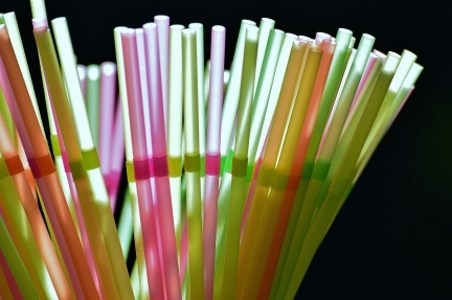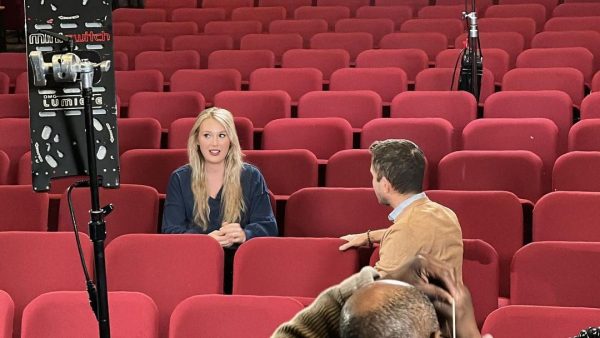The flaws of banning straws
Is it really the best solution to a growing issue of plastic waste?

The first thing that comes to many people’s minds when they think about a straw ban is the video of a turtle with a straw stuck in its nose. While it is a sad and heart wrenching video, the truth of the matter is that much more harm is coming to the ocean ecosystem from other plastic waste.
That’s not to say banning straws isn’t a good idea. It’s a smart idea in theory to try and get rid of plastics that are only used once, but straws account for a tiny number of the overall plastic waste. Straws only account for 0.03 percent of the plastic in the ocean. They are a miniscule percentage of the ocean waste, so it’s odd that they were singled out by many legislatures to pass laws about.
That’s not to mention the U.S. only contributes about 1% of the world’s plastic waste, so even a total removal of all the plastic straws in the U.S. would not make a dime’s worth of a difference
Every year, an estimated 8 million tons of plastic waste is added to the ocean, and banning straws won’t help. They are such a tiny part of the problem. The proposals to ban them are solely a way for people to feel like they are helping out, when in reality, it barely scratches the surface of plastic pollution.
Proposals for a straw ban have begun in many states. Local and state governments in New York, Hawaii, California, Washington, New Jersey, and Florida have started the process.
Many businesses have decided to join the ban on straws, like Starbucks, who announced a complete removal of all straws at their businesses, with a shift towards recyclable lids. What these bans fail to consider is that some people rely upon straws to be able to drink.
Many people with disabilities need straws to be able to drink beverages properly. Mobility impairments can limit their ability to drink beverages without using a straw, and alternatives just aren’t viable. Paper straws are impractical for disabled people who take longer to drink, as they get soggy and are unusable rather quickly. Metal straws are impractical as well, as they are immovable, and therefore are unable to be bent by those with disabilities. Plastic straws are the only effective course of action.
The ban seems like a good idea in theory, but it has many flaws in its logic.
Many environmentalists believe that the fight has to start somewhere, and that starting point is the straw ban. They believe it will spring many people to continue to care for the environment, but it’s questionable as many people might give themselves a pass as they feel one action is enough for them to do their part.
There are more pressing issues with our consumption of plastic than straws. Politicians should focus on them instead of getting obsessed with trivial issues like plastic straws. Focus on plastic items that are much more damaging to the environment, like plastic bags, which many animals mistake for food, and fishing nets that can entrap marine life and kill them. Another more pressing issue are plastic bottles, which account for 7% of all plastic that washes up on beaches.
A straw ban may be a symbolic step in the right direction, but it definitely is not enough to stop our excessive use of plastic and it’s unfair to plastic straws that they have been branded as a scapegoat.

Senior Luke Elkins is in his 3rd year in the A-Blast. He has previously been a staff writer and sports editor. He plays varsity soccer and plays...










Roro McNeal • Oct 19, 2018 at 6:48 pm
Very interesting and relevant article! Important statistics shown.
Enjoyed reading this. Thank you, Luke Elkins.